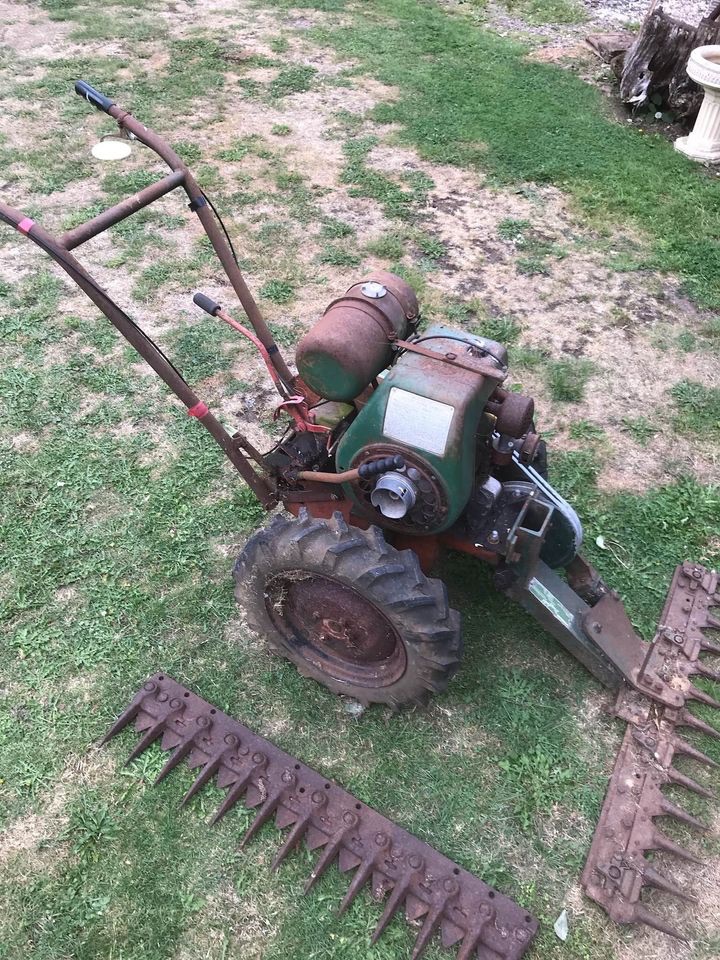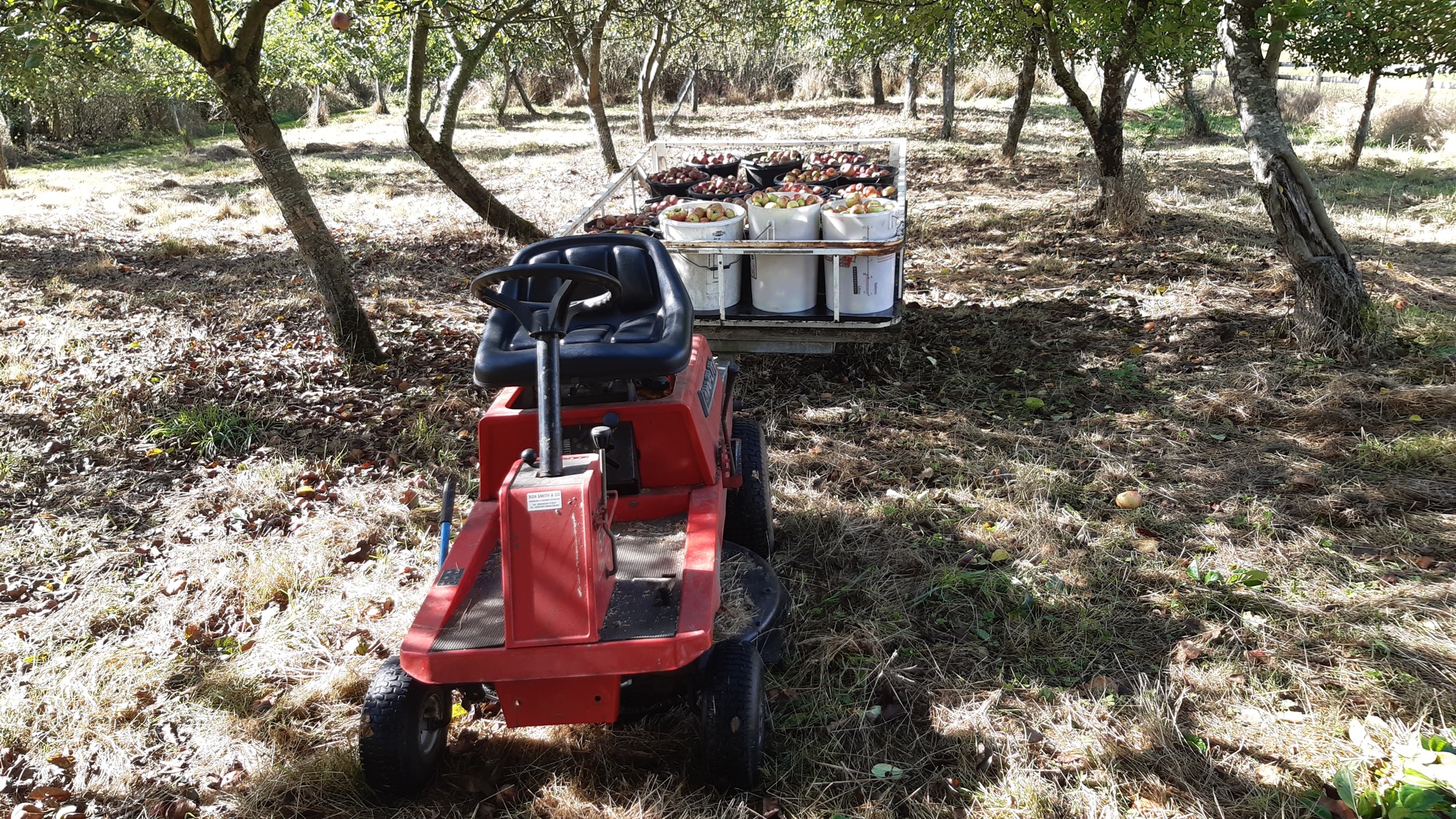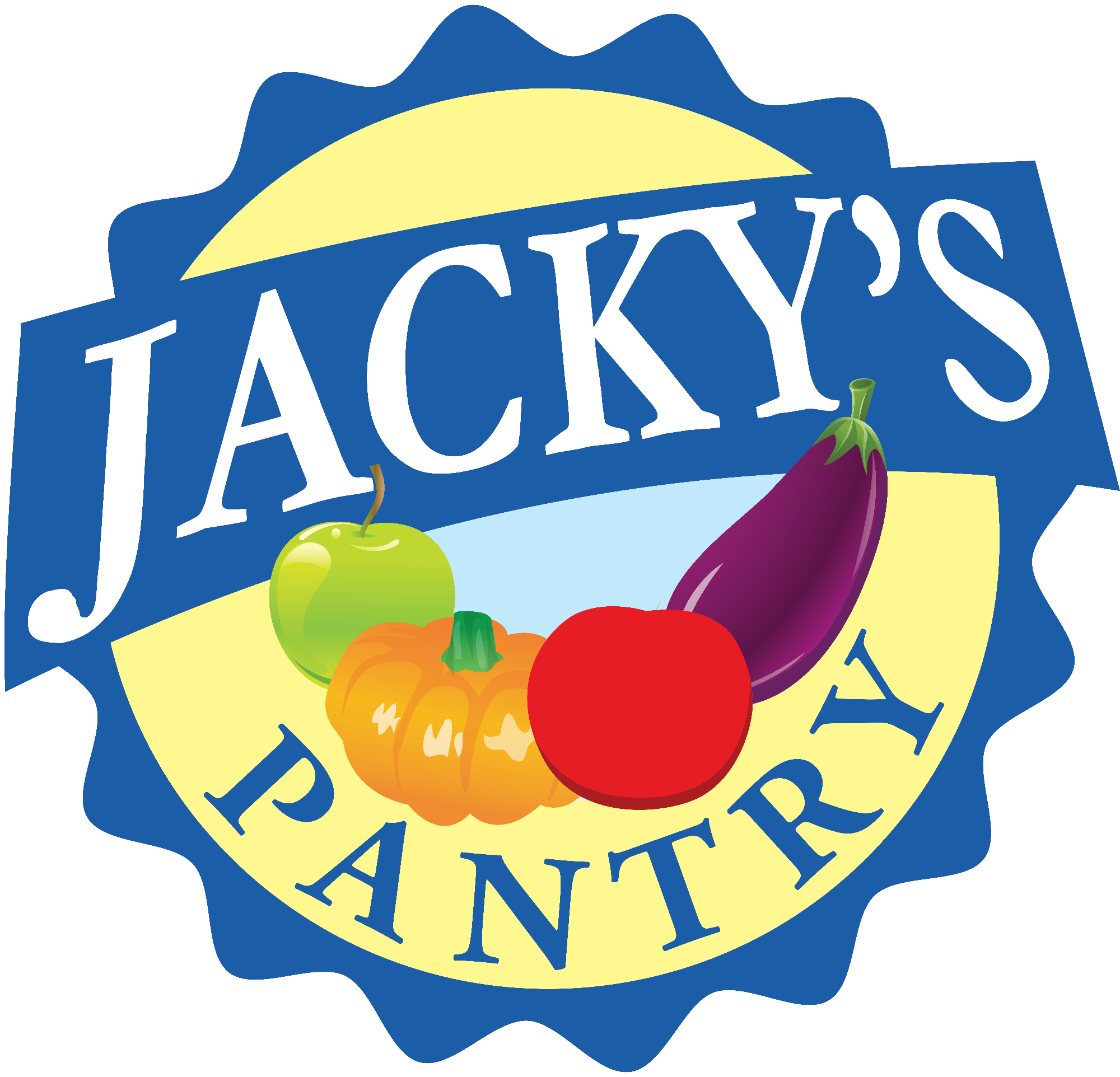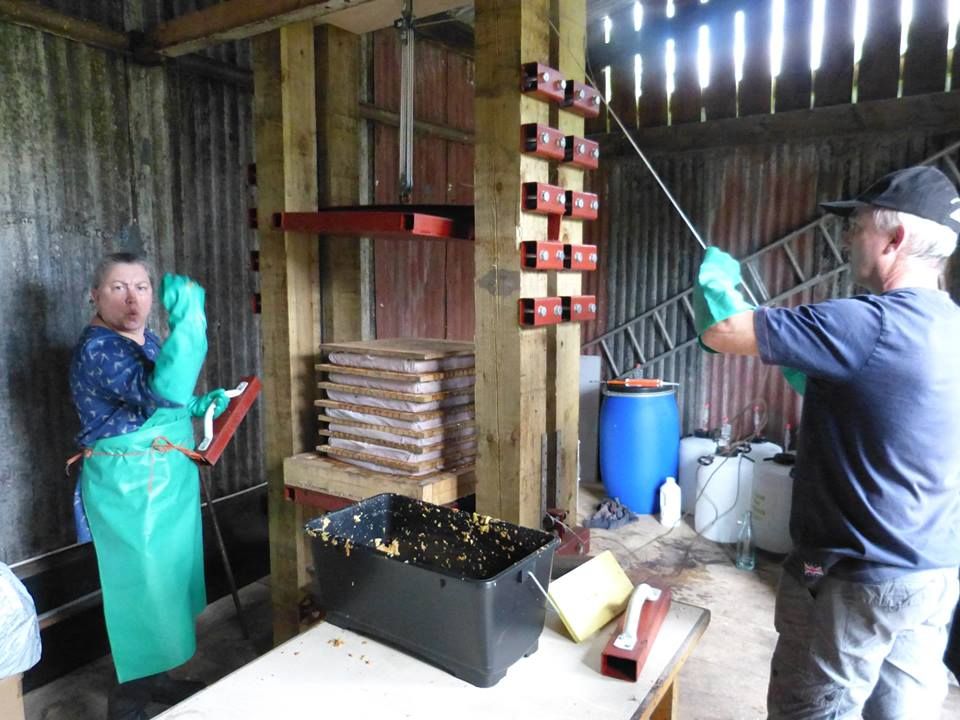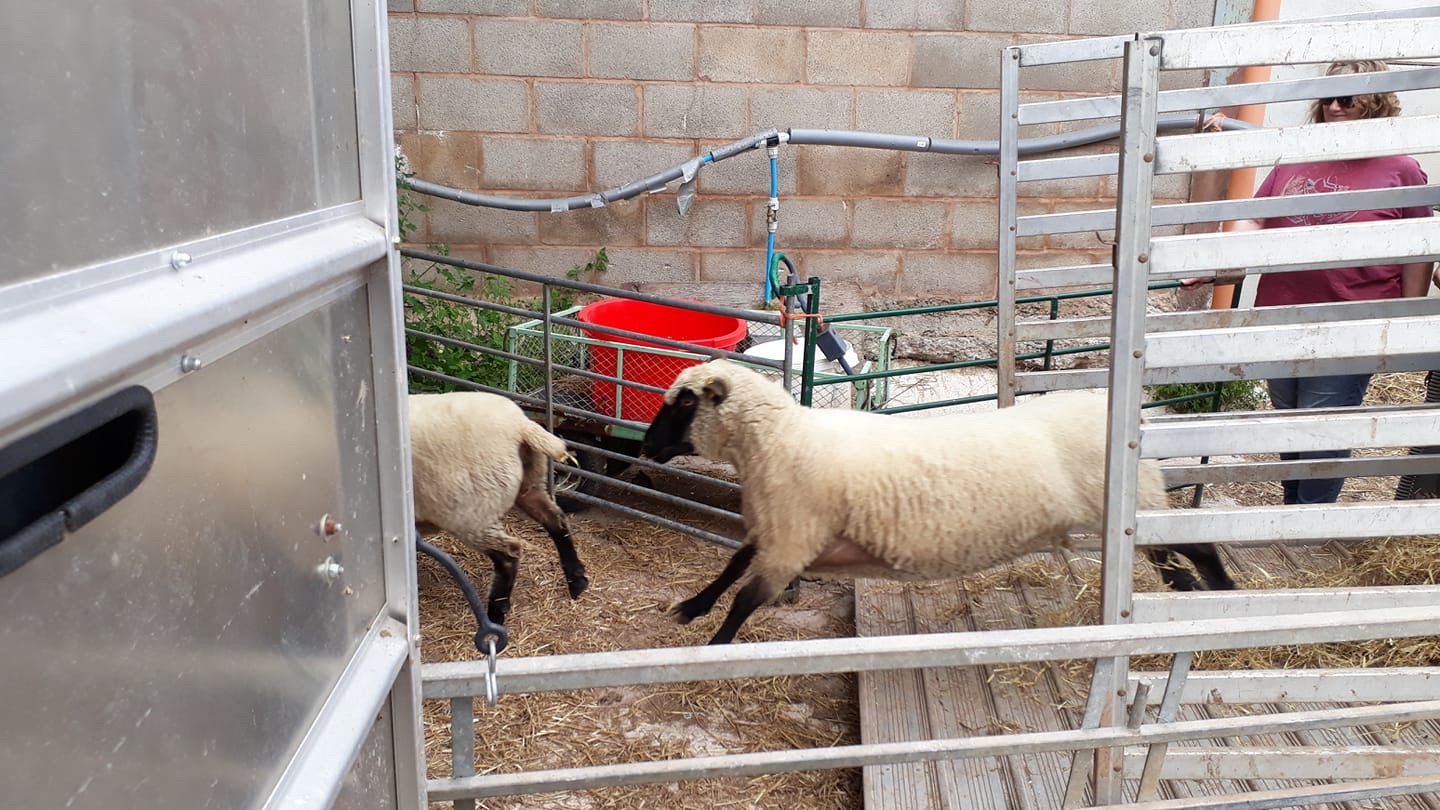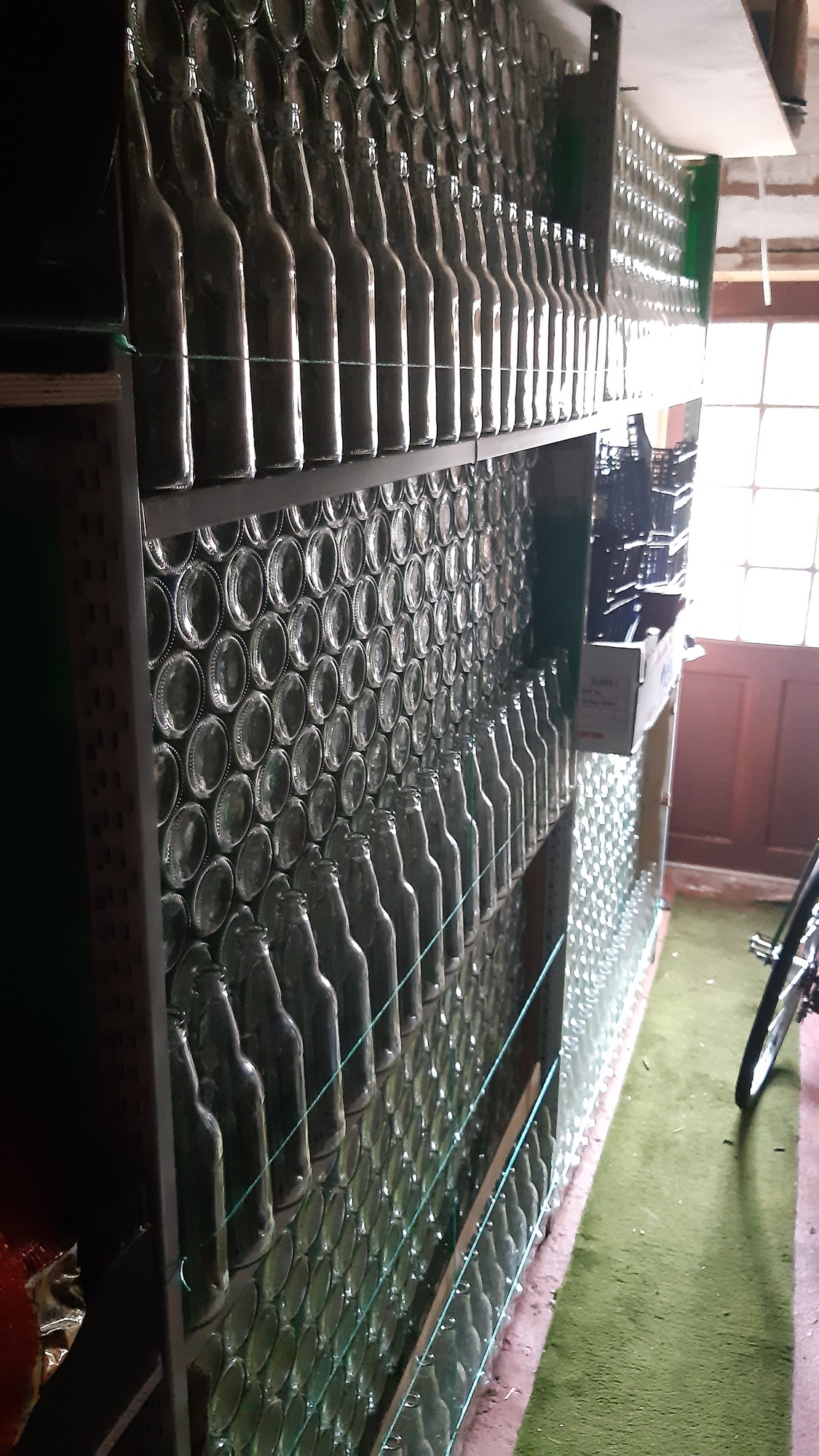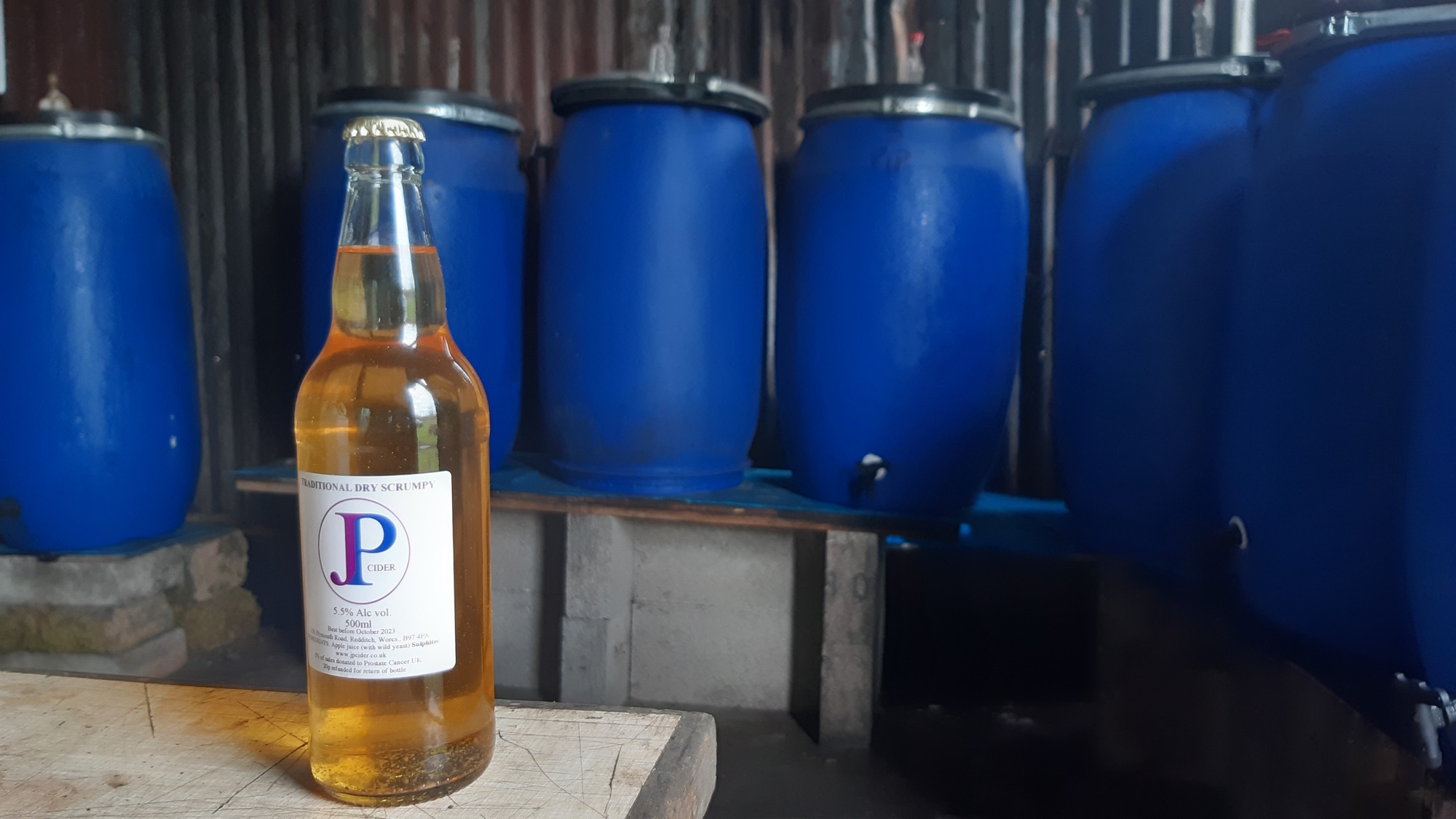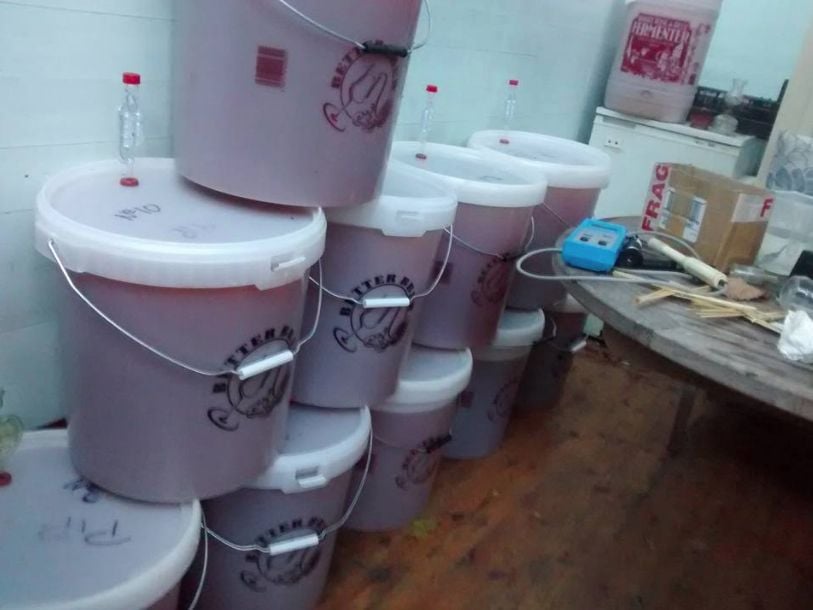
Producer of traditional cider in the heart of Worcestershire. Traditional cider apples are grown, picked, pressed and fermented in one orchard.
Pleas note: WE DO NOT SELL TO THE GENERAL PUBLIC OR CONDUCT GUIDED TOURS. ALL CIDER IS PRODUCED FOR HEADLESS CROSS COMMUNITY ORCHARD EVENTS.
Find us on Facebook
Photo: Apple juice from our cider apple orchard stacked and ready to go into the shed. This is how we started! The cider took over our verandah for a while but now all the cider is fermented on site at the orchard.
We have always been interested in home brewing so when a local lady suggested that we could help ourselves to the fruit if we looked after her late husband's cider apple orchard we couldn't resist the offer. It was a bit of a tall order so we got together with like minded friends and soon had the orchard looking tidy. The orchard is situated between Redditch and Bromsgrove and grows thirty three varieties of apples and pears. Some of the apples are of less heard of heritage varieties.
JP Cider is not available to buy online due to licensing laws, although that may change, however keep an eye on our events as we are able to sell our cider at certain food festivals. Available in bottles from Forge Mill Museum, Rough Hill Farm Shop,
Photo: Pip Taylor and Lee Jennings at the 2016 CAMRA Bromsgrove Beer and Cider Festival where JP Cider came joint 1st. In 2018 JP Cider came first place in the cider and perry section as voted by the public. There were were 62 varieties to choose from.
Our cider is now fermented in 110 litre food grade barrels and each batch is slightly different depending on the varieties used. All cider is fermented using the wild yeasts that are found on the apples and in the air of the pressing barn. This sometimes imparts a slightly earthy, sometimes spicy flavour. These ciders are true fera fermentum "scrumpy". The "Press Club" produces just over 1,000 litres per year. We have resisted fermenting in oak barrels; we prefer the fresher, apple flavour, of cider which can sometimes be masked when using oak barrels, especially if they are old whisky barrels. There is no water supply in the orchard so we carefully hand sellect windfalls or pank (shake down with hooked poles) onto tarpaulins. No water is added to the juice.
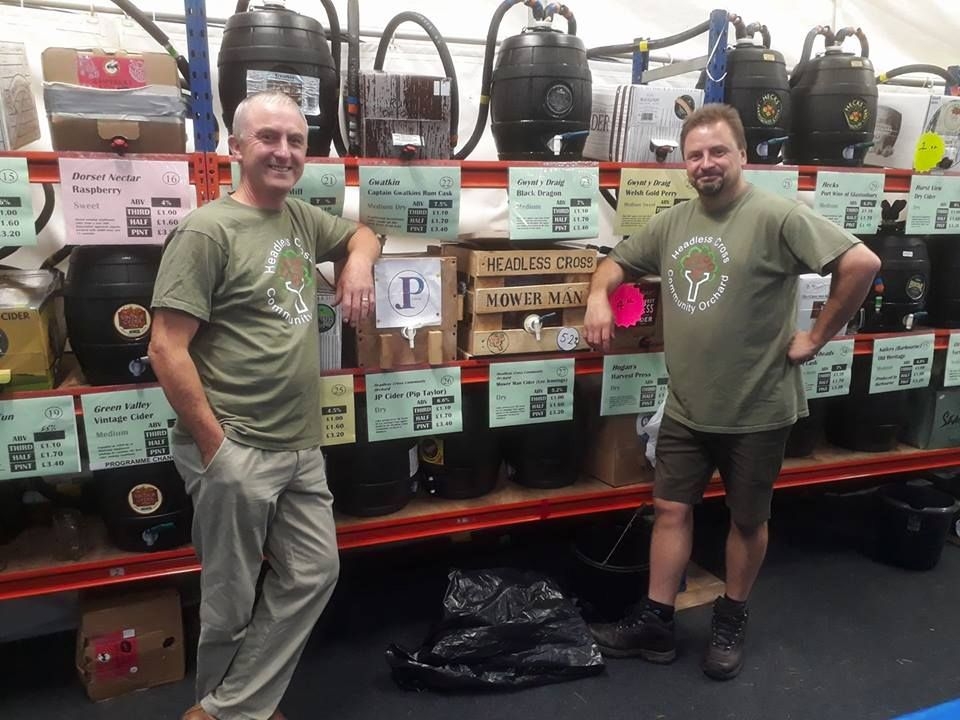
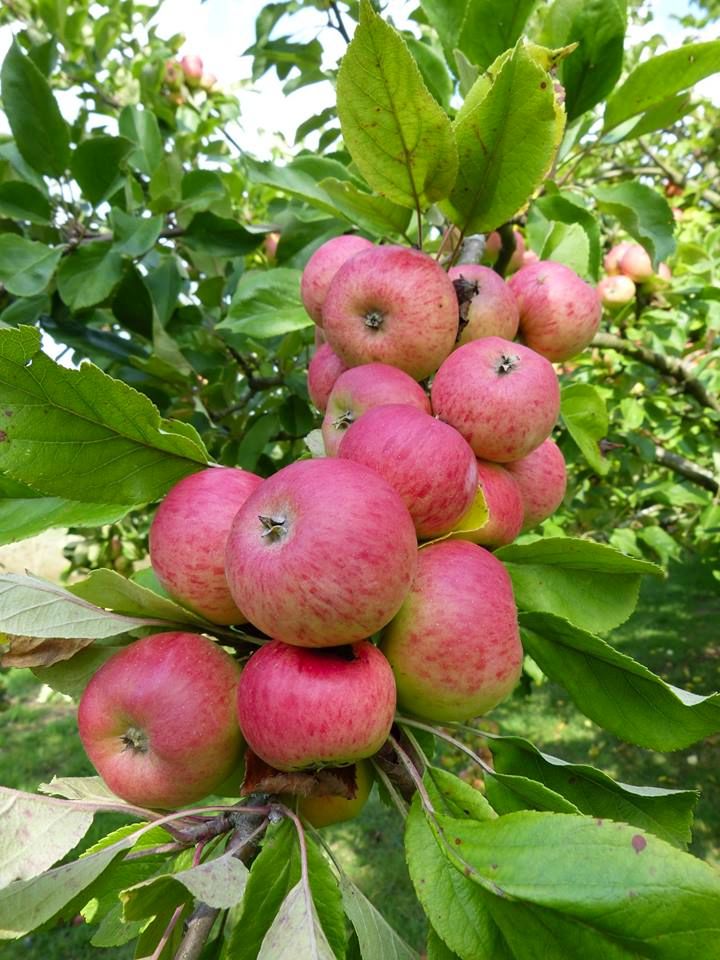
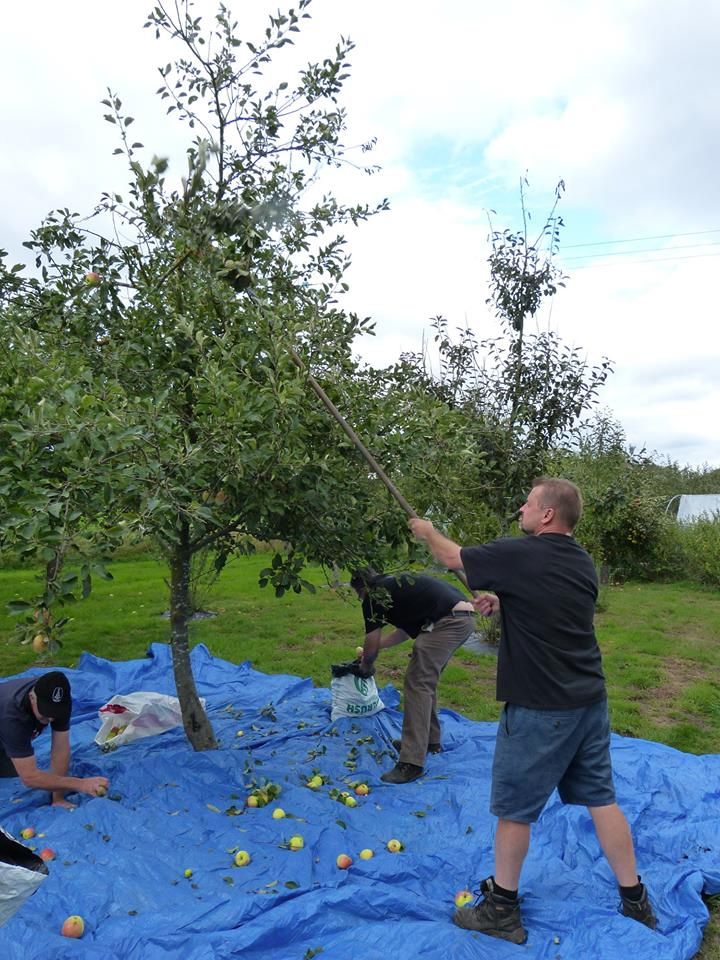
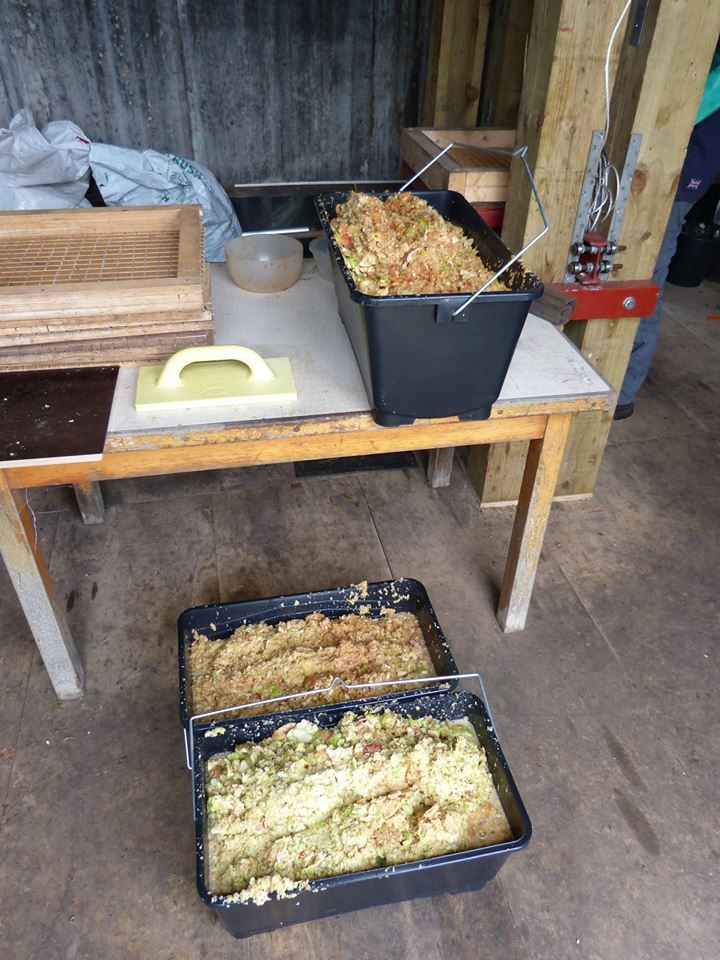
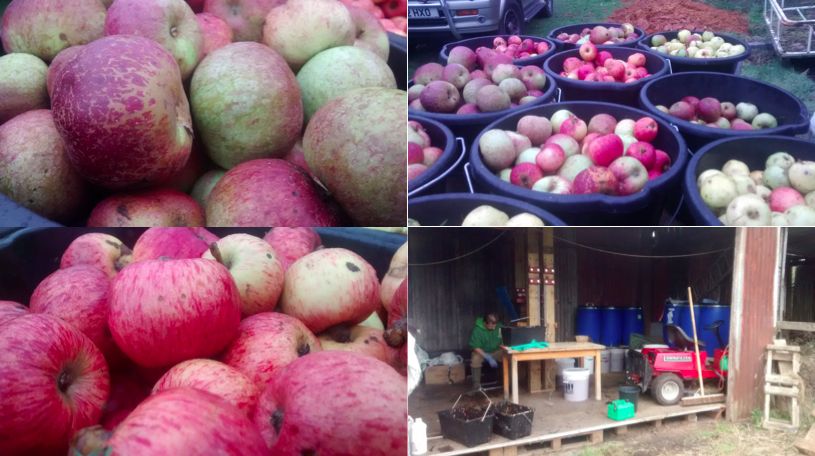
Photo: Far left are the main apple of our orchard which is the Black Dabinet. This is probably the main choice for British cider makers. Below the Dabinets are some of our Brown's apples which make a good blend with the Dabinets. We do have a small number of Michelin which are the yellow skinned variety. The variety of trees we have are: 1 Major, 1 Somerset Redstreak, 2 Tremlett's Bitter, 3 Tom Putt, 4 Michelin, 17 Katy, 18 Kingston Black, 19 Brown's and 27 Black Dabinets. 3 Brandy pears.
We also have an orchard of 36 heritage varieties with wonderful names such as Sops of Wine, Pitmarston Pineapple, Chiver's Delight, Peasgood Nonsuch, Lady Sudeley etc. Our press is hand made using a 15 ton bottle jack which presses upwards.
In May 2020 it was decided to reduce the amount of time-consuming mowing and the use of fuel by introducing a breed of sheep, the Shropshire, that is known not to be destructive in tree plantations. After some research we discovered that a farmer, Harvey Clay, has been keeping Shropshires successfully in her cider apple orchard near Monkhide, Herefordshire, for a number of years now. We contacted her and borrowed three ewes for the summer. They soon got stuck into the luscious grass!
When August came we decided to take the sheep back so they could have their fly treatment. They did well but we wished we'd had them a month earlier before the grass had grown long; they may have kept it shorter.
Thanks to our friends at Rough Farm Shop for the loan of the stock trailer and Liz Jennings for the photos.
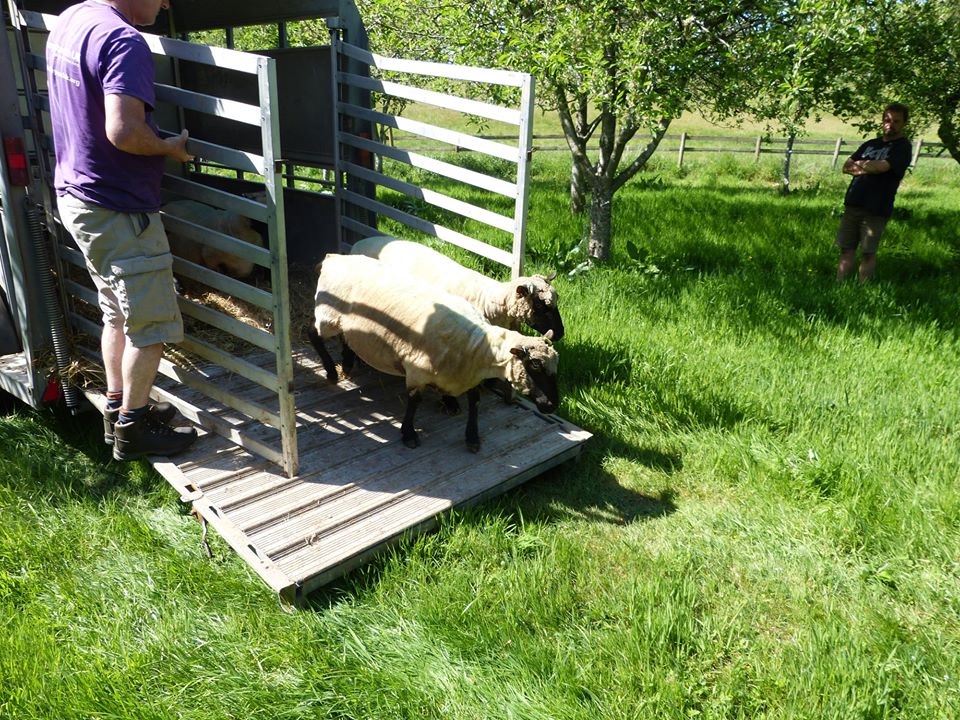
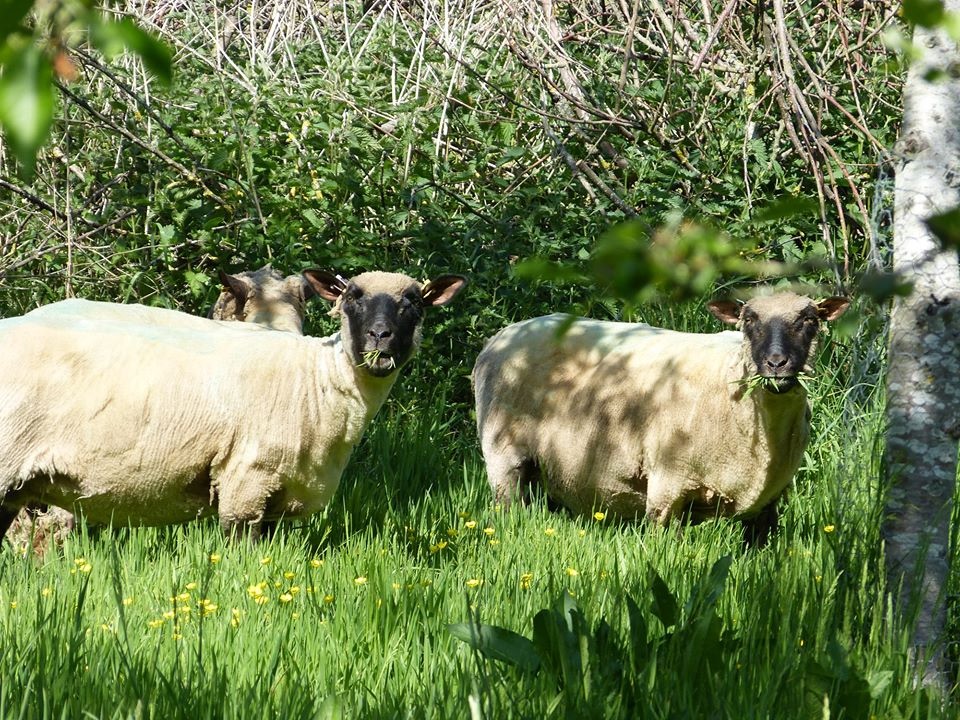
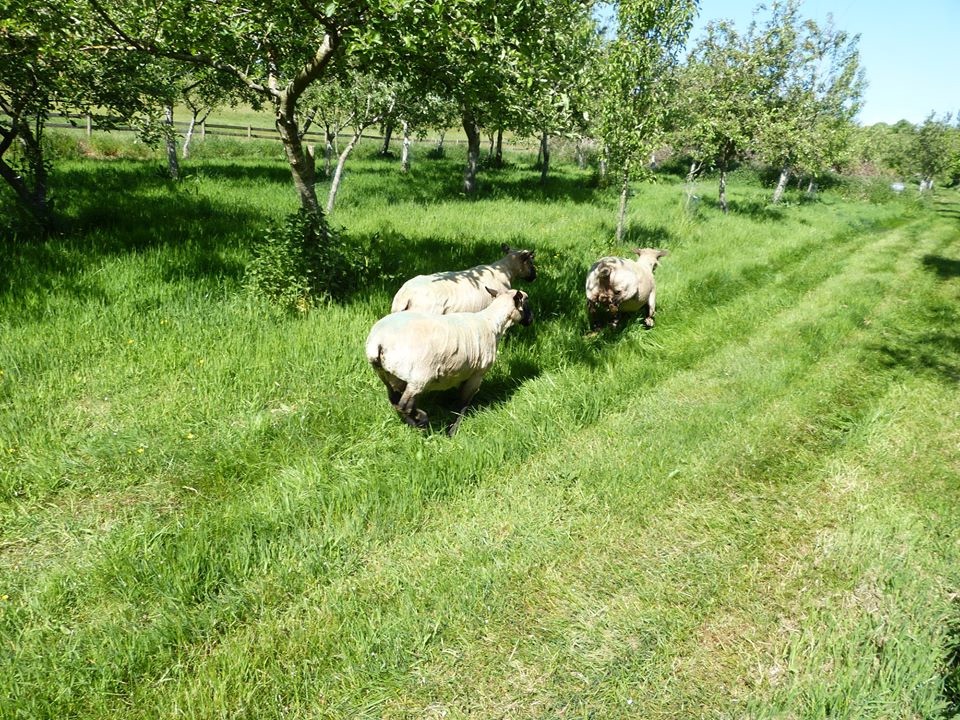
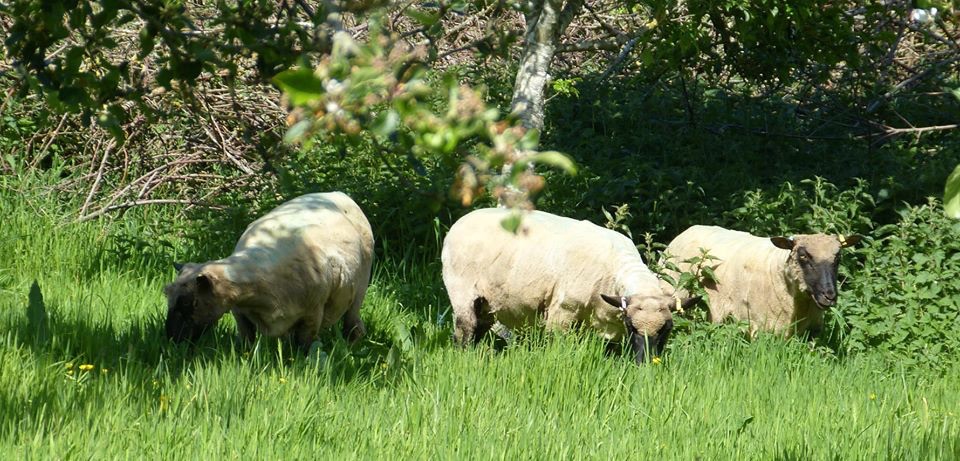
After some considerable running around ("It's easier to catch thirty sheep than three!") we managed to get the sheep penned and then into the stock trailer for the trip back to Herefordshire. It was a useful experience and, if we had lived on site, a cost effective and ecological way of keeping the grass of the orchard short. Back to the drawing board. We started looking at scythes.......
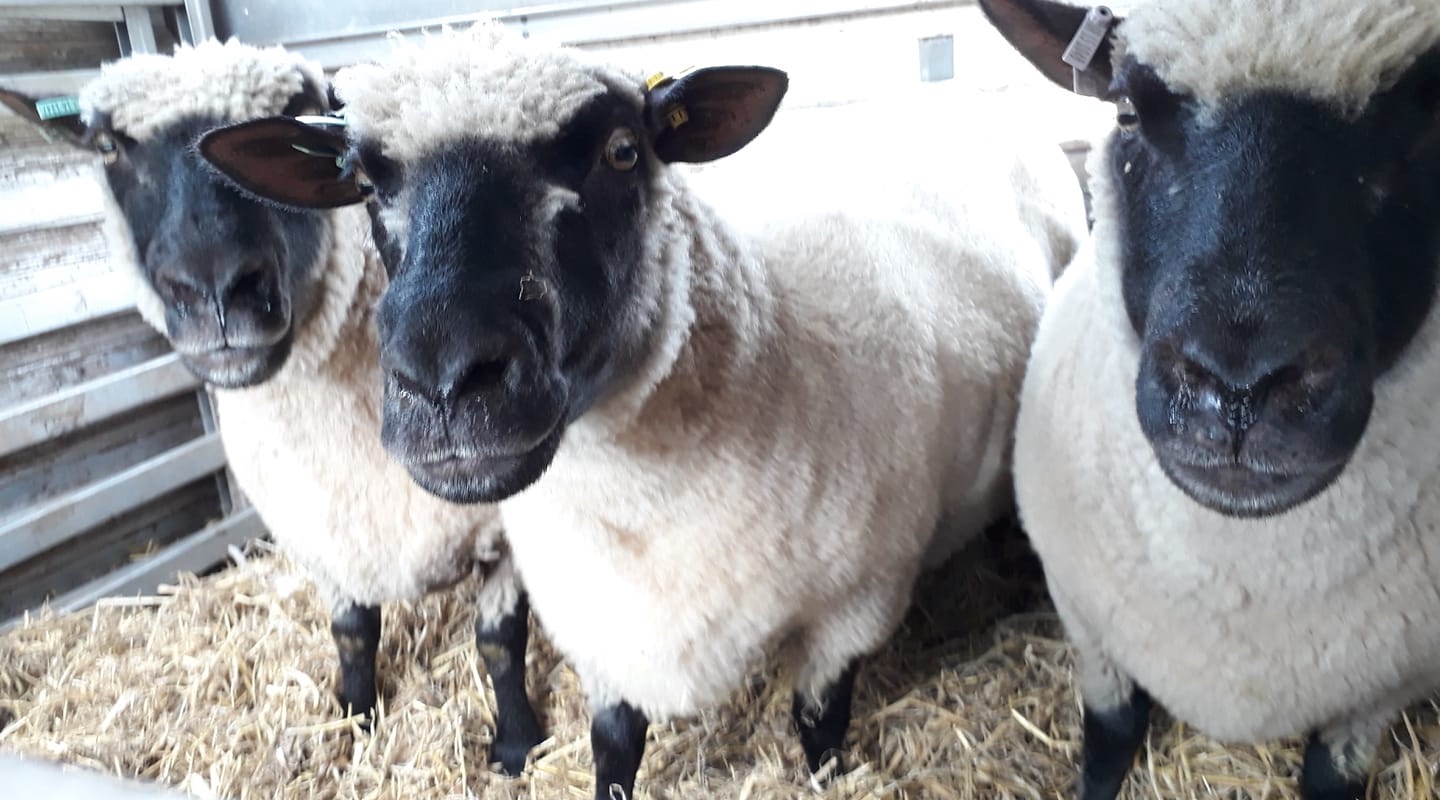
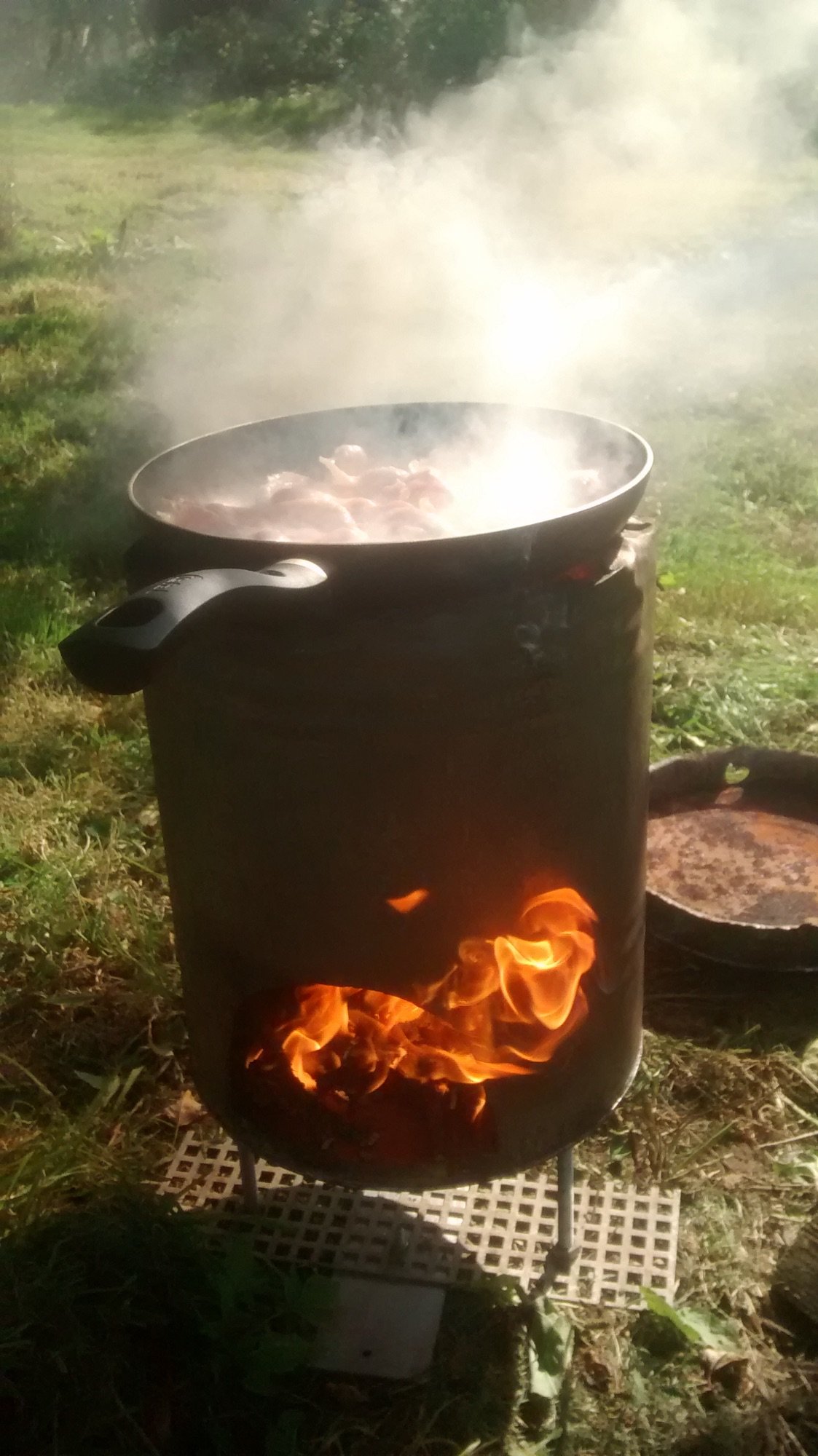
Pressing started Saturday 19th September. We did a batch of Browns with some Katy. The Katy suffers badly from canker and never gives us much of a crop.
Best way to start the morning is bacon sandwiches on the home made camp cooker then at lunch time a hearty homemade smoked sausage and home grown cabbage soup with lots of pepper.
Our scratter is made from a mower engine with a centrifugal clutch driving a wooden roller studded with stainless steel screws. Nick named the "piranha" it makes short work of turning apples into pulp for the press.
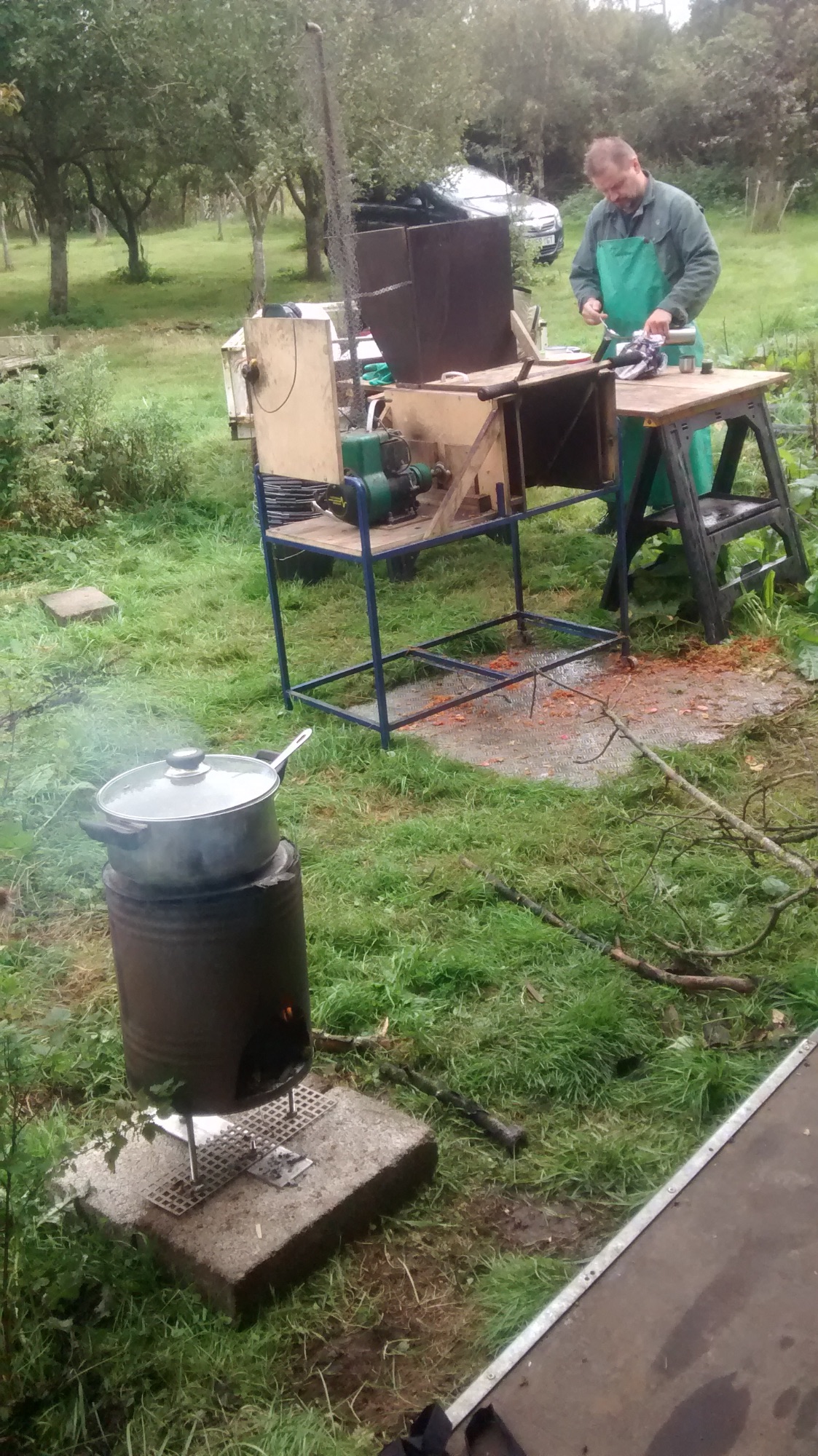
5% of all direct sales of JP Cider and any donations received are donated to Prostate Cancer Research UK in memory of a man I did not have the privilege to meet, Ric Nash. He built the barns and planted the orchard that I help to maintain but he didn't live to see it to fruition.
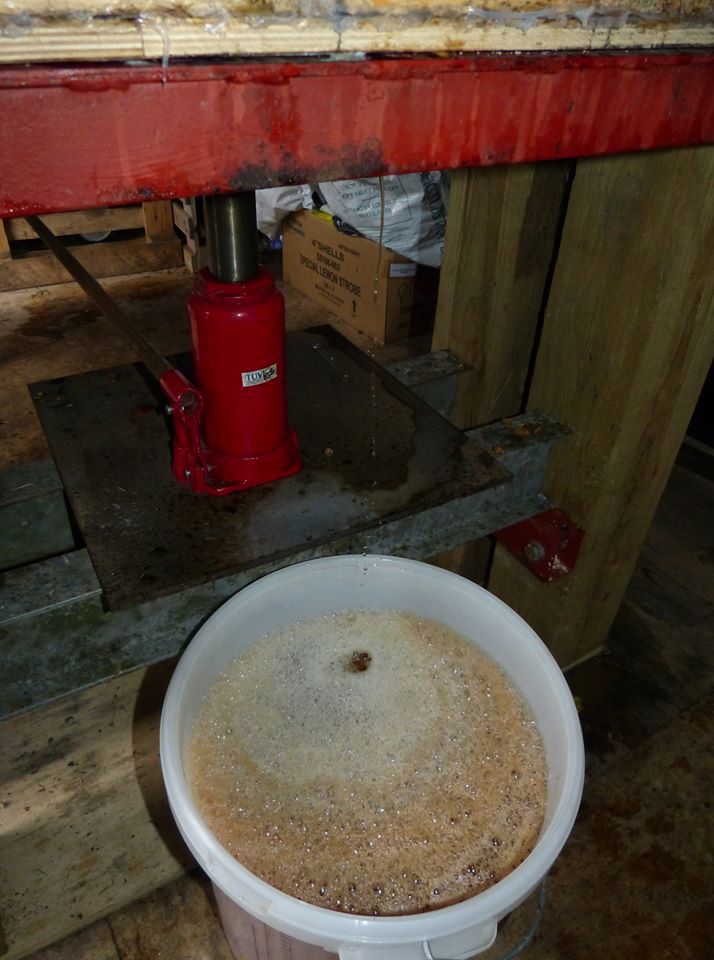
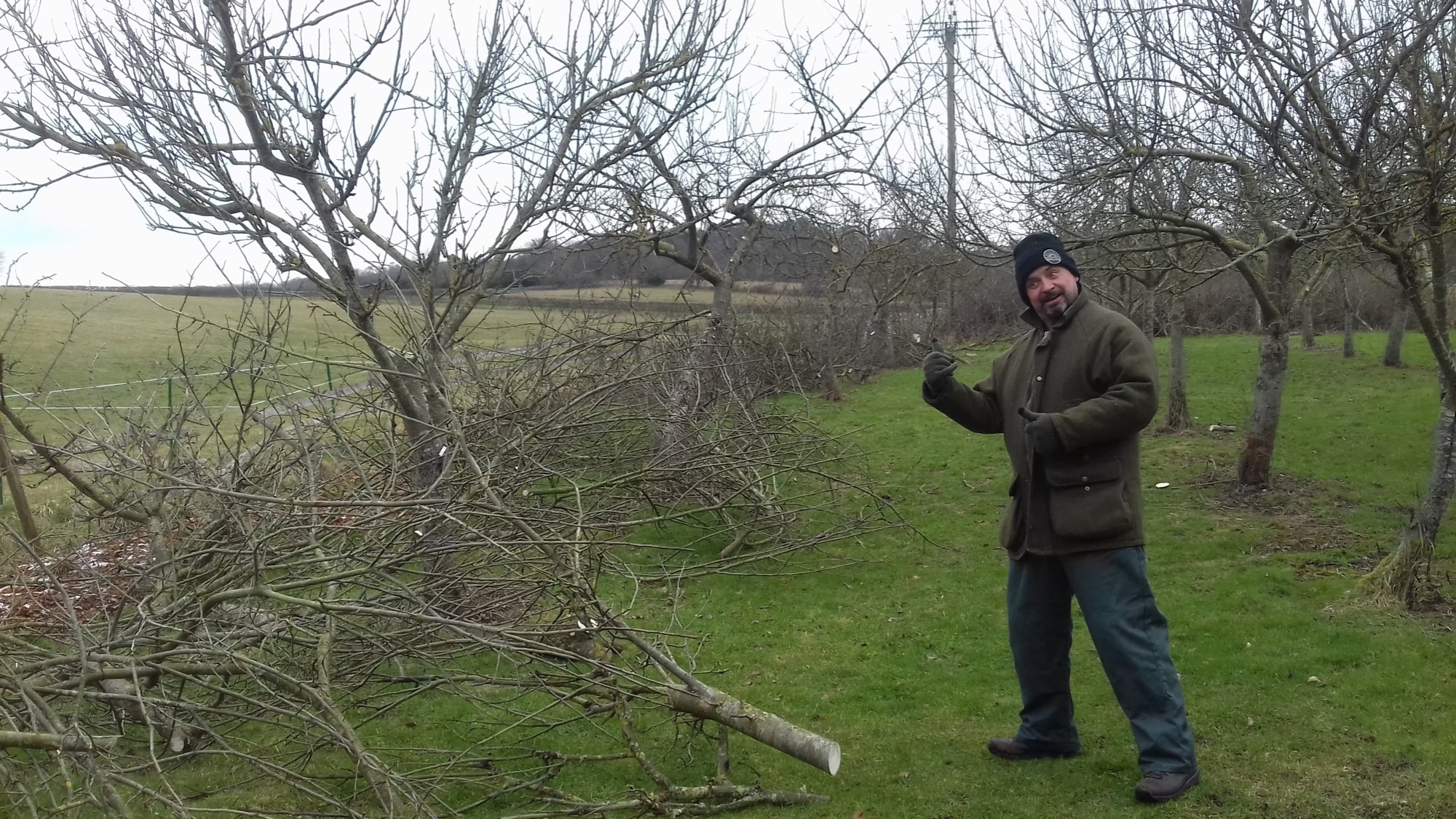
February 2020 the orchard needed its annual prune, especially the bottom orchard which consists of eaters and cookers. Many of which we haven't pruned for years and we had be training them like the cider apple trees in the top orchard: straight up. Lee and I decided to prune these trees in the goblet shape which gives better light distribution and makes for easier picking. Some large chunks were taken out of the centres using a reciprocating saw powered by a mobile generator and a long extension lead. Easier to use than a chain saw, safer and able to get into tight places.
Having found that the Shropsire sheep were not the answer to our mowing I decided to get myself an Allen scythe, which is something I've wanted to have for many a year. I bought an Model F, rebuilt the Villiers Mk25 side valve 250cc engine and also the cutter bar and replaced the tyres. I also added a dead man's landyard for safety. Initial trial found that damp grass was not the best for cutting but in mid October when the grass had gone brown and the wild flowers had seeded the scythe did a splendid job. A species count of the wild flowers came out at 24. This is rather low but expected under the circumstances. This I am hoping to improve over the coming years. (2021) ORCHARD WILD FLOWERS
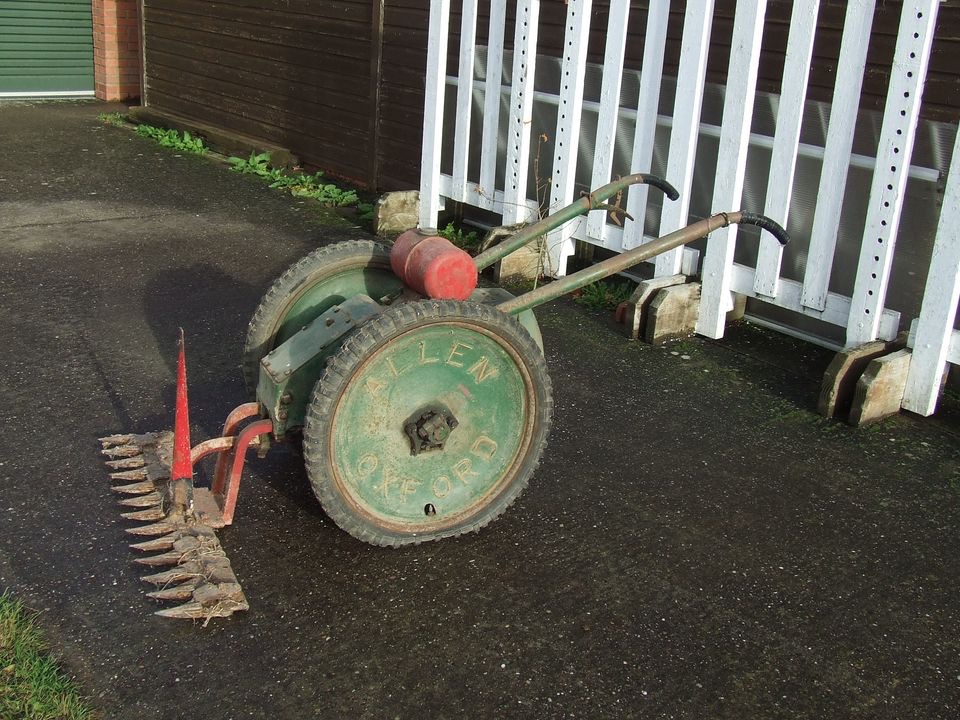
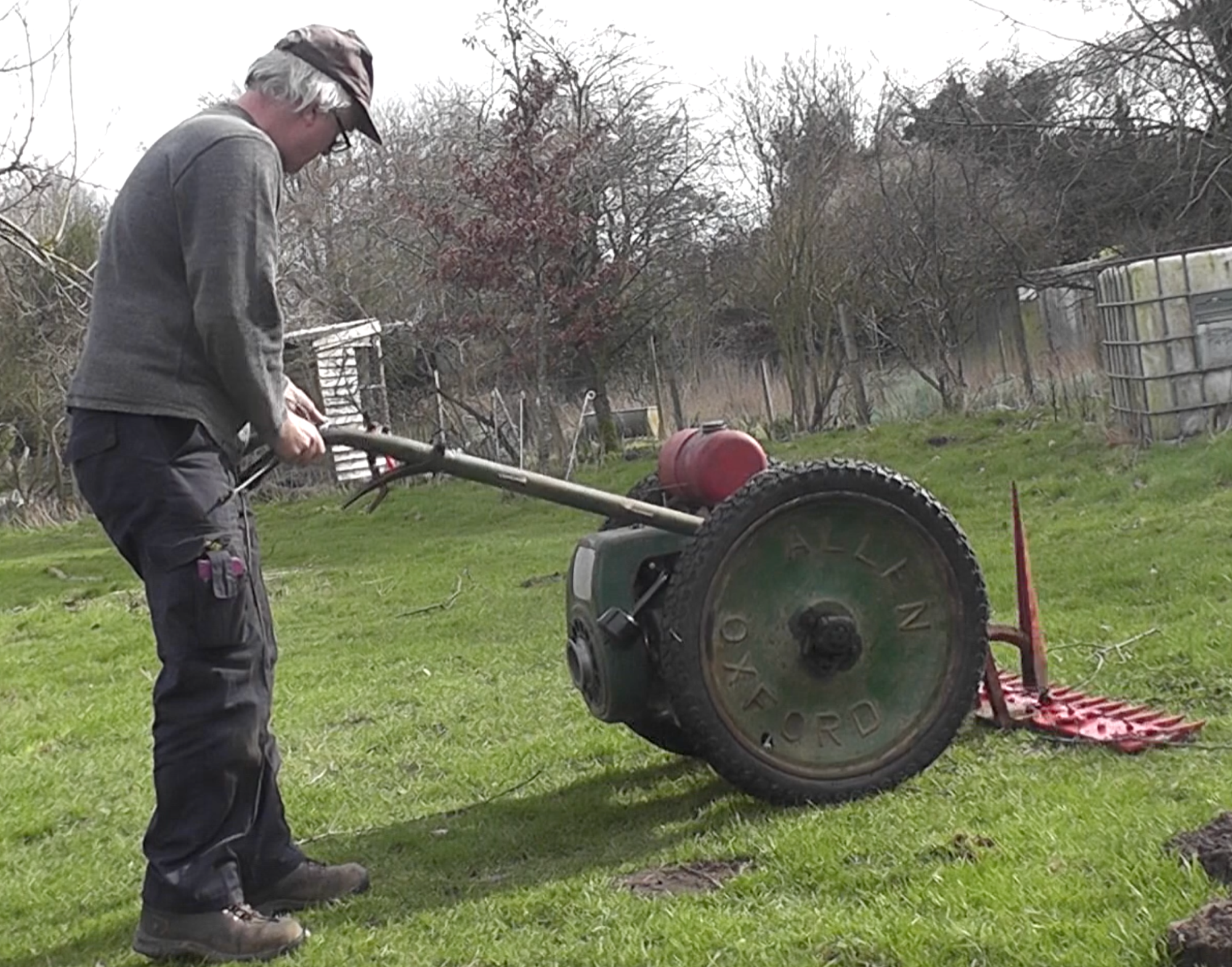
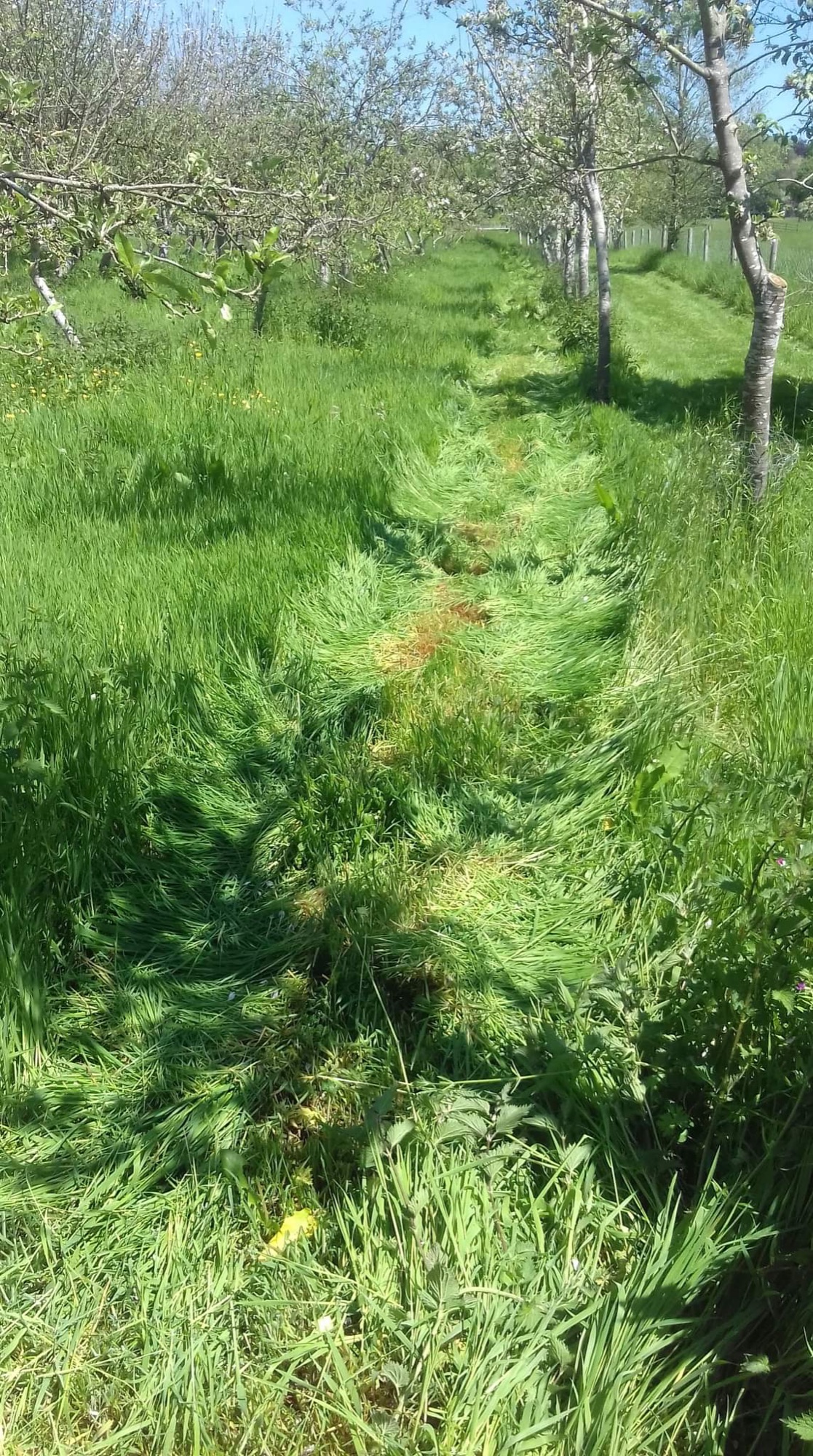
Just some of the bottles that are stored in our garage at home. A body has to be very careful when moving tbrough!
The Model F Oxford Allen scythe did a really good job of mowing down the long grass off the orchard but although it does have PTOs on the top of the gearbox the machine isn't versatile enough for what I need and it only has one speed when going forward. Another machine that I thought would work well is the Oxford Allen Mayfield Garden Tractor. Similar to the standard scythe but has a variety of attachments that are easily bolted onto the front. It also has a hand start (bit like a kick start) and a three speed gearbox with reverse. All this is controlled through a hand leaver clutch. Other attachments available include: bench saw, cylinder mower, hydraulic attachemts such as hedge trimmer and chain saw, plough share, sprayer, snow plough, water pump, engine for pulling a trailor or ground roller. Most important for me is a hay rake for making hay for the horses on site.
